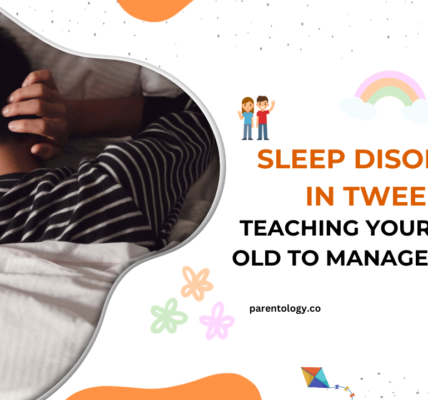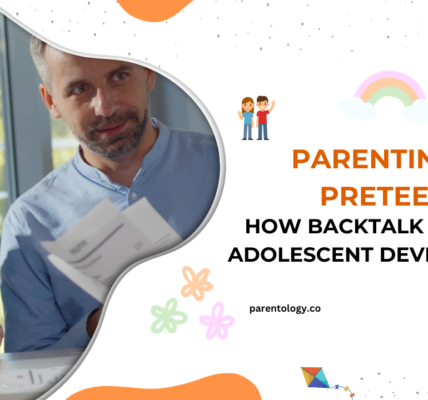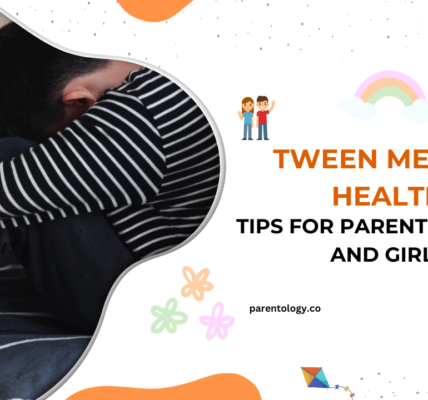Explaining Puberty to Your Daughter: Empowering Open Discussions
Puberty is a crucial phase in a girl’s life, marked by significant physical and emotional changes. As a parent, explaining how to explain puberty to a girl with openness and sensitivity is essential. This guide provides effective tips on how to explain puberty to your daughter, fostering a supportive environment for discussions.
Understanding Puberty: A Journey of Changes
Puberty is a natural process that every girl goes through, but it’s crucial to approach it with care and understanding. Here’s a breakdown of the key aspects of how to explain puberty to a girl:
Physical Changes
- Body Growth: Girls experience a growth spurt during puberty, and it’s essential to reassure them that everyone grows at their own pace.
- Breast Development: Discuss the normalcy of breast development and provide information about bras for support.
Emotional Changes
- Hormonal Shifts: Address mood swings and emotional fluctuations, emphasizing that these are normal responses to hormonal changes.
- Personal Hygiene: Introduce the importance of maintaining good personal hygiene during this period.
Tips for Initiating the Puberty Talk
1. Choose the Right Time and Setting
Select a calm and private environment for the discussion, ensuring your daughter feels comfortable and secure.
2. Use Positive Language
Frame the conversation positively, emphasizing that puberty is a natural and beautiful part of growing up.
3. Be Honest and Open
Answer questions truthfully, using age-appropriate language. Honesty fosters trust and openness.
4. Provide Educational Resources
Share informative materials, such as books or websites, that offer additional insights into puberty.
5. Share Personal Experiences
Recounting your own experiences during puberty can make the conversation more relatable and comforting.
6. Encourage Questions
Let your daughter know that it’s okay to ask questions and express any concerns she may have.
7. Offer Continuous Support
Puberty is an ongoing process, so assure your daughter that you’re there to support her throughout.
FAQs About Explaining Puberty to Girls
Q 1: When should I start talking to my daughter about puberty?
Ans 1: Start the conversation early, around 8-10 years old, to ensure she’s well-prepared for the changes ahead.
Q 2: How do I address body image concerns during puberty?
Ans 2: Emphasize the uniqueness of each individual and promote a healthy body image by discussing the diversity of human bodies.
Q 3: What if my daughter is uncomfortable discussing puberty?
Ans 3: Be patient and create a safe space. Reassure her that you’re here to support her, and the conversation can happen at her pace.
Q 4: Should I involve other family members in the discussion?
Ans 4: Involving trusted family members can provide varied perspectives and additional support.
Q 5: What if my daughter asks questions I don’t know the answer to?
Ans 5: It’s okay not to have all the answers. Seek information together, fostering a collaborative learning environment.
Q 6: How can I address cultural or religious aspects related to puberty?
Ans 6: Respect your family’s cultural or religious beliefs and incorporate these perspectives into the conversation.
Q 7: Is it necessary to involve a healthcare professional?
Ans 7: If you or your daughter have specific health concerns or questions, consulting a healthcare professional is advisable.
Q 8: How can I maintain an ongoing dialogue about puberty?
Ans 8: Schedule regular check-ins, encourage open communication, and adapt your approach based on your daughter’s comfort level.
Q 9: Are there educational materials I can use?
Ans 9: Yes, utilize age-appropriate books, videos, or online resources to complement your discussion.
Q 10: Should I address menstruation during the initial talk?
Ans 10: Introduce the topic gradually, emphasizing its natural occurrence and providing information about menstrual hygiene products.
Empower Your Daughter Through Open Communication
Navigating how to explain puberty to a girl conversations with your daughter can be a rewarding experience that strengthens your bond. By following these tips and fostering an environment of open communication, you empower your daughter to embrace this transformative journey with confidence.
Remember, each girl’s experience is unique, and approaching puberty discussions with empathy and understanding lays the foundation for a healthy attitude towards self-development.
For more comprehensive insights into parenting and navigating the challenges of adolescence, explore Parentology. They offer a wealth of resources to support parents in their journey through every stage of their child’s life.
Embark on this journey with positivity, knowledge, and a commitment to nurturing a strong parent-child connection. Your role as a guide through puberty is invaluable, shaping your daughter’s perception of herself and fostering a positive outlook on growth and change.





